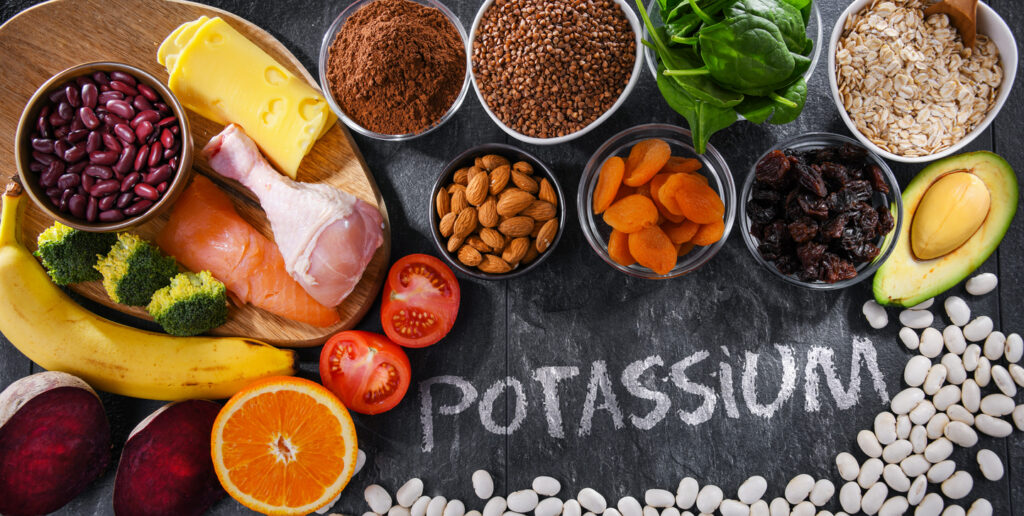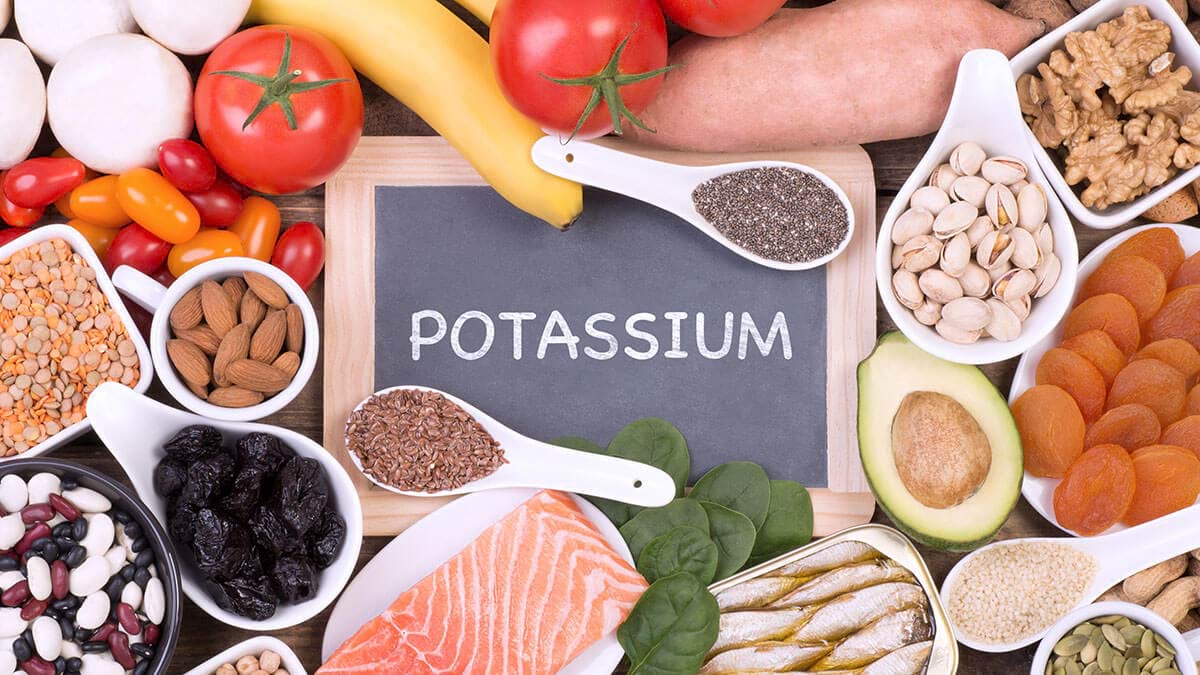Potassium is one of the essential minerals that the body needs to function properly. It is a key player in various bodily processes, including regulating fluid balance, supporting muscle function, and maintaining proper heart function. Despite its importance, many people do not consume enough potassium in their diet, which can lead to various health issues.
In this article, we will explore what potassium is, its benefits for the body, and how to ensure you get enough of it in your diet.
What is potassium?
Potassium is a vital mineral and electrolyte that helps to regulate the balance of fluids in your cells, tissues, and organs. It is present in many foods, particularly fruits and vegetables, and plays a crucial role in nerve signaling, muscle contractions, and maintaining a steady heartbeat. Most of the potassium in the body is found inside cells, with only a small amount circulating in the blood.
Benefits of potassium for the body
1. Maintains healthy blood pressure
One of the most well-known benefits of potassium is its ability to help regulate blood pressure. It works in opposition to sodium, helping to balance the effects of sodium on the body. A diet rich in potassium can help relax the blood vessels, reduce the strain on the heart, and maintain healthy blood pressure levels. Studies show that increasing potassium intake can lower the risk of high blood pressure and reduce the risk of stroke.
2. Supports heart health
Potassium is essential for maintaining a healthy heart. It helps regulate the heart’s electrical activity, ensuring that the heart beats in a regular rhythm. Low levels of potassium can cause irregular heartbeats, known as arrhythmia, which can lead to serious complications. Ensuring an adequate intake of potassium can reduce the risk of heart disease and help maintain a healthy cardiovascular system.
3. Muscle function and prevents cramps
Potassium plays a crucial role in muscle contraction. It works in conjunction with sodium to create the electrical impulses that trigger muscle contractions. Low potassium levels can lead to muscle weakness, fatigue, and cramps, especially during physical activity. Ensuring an adequate intake of potassium can help prevent cramps and support overall muscle function.
4. Improves fluid balance
Potassium helps regulate the fluid balance in the body by working with sodium and other electrolytes. Proper fluid balance is crucial for maintaining healthy kidneys, preventing dehydration, and supporting overall body functions. Potassium helps ensure that the right amount of fluid stays inside cells while excess fluid is excreted through urine.
5. Supports bone health
Potassium may play a role in maintaining strong bones. Studies have suggested that potassium-rich foods can help protect against bone loss by neutralizing the acidity in the body, which can otherwise lead to the loss of calcium from the bones. Adequate potassium intake can help keep your bones healthy and reduce the risk of osteoporosis as you age.
6. Improves nerve function
Potassium is vital for the proper functioning of nerves. It helps transmit nerve signals that control muscle movements and other bodily functions. Low potassium levels can impair nerve function, leading to symptoms like numbness, tingling, or even paralysis in severe cases. Consuming enough potassium ensures that nerve impulses are transmitted effectively throughout the body.
7. Prevents kidney stones
Potassium-rich foods can help prevent the formation of kidney stones. Potassium helps reduce the amount of calcium that is excreted through urine, which can otherwise contribute to the formation of kidney stones. By ensuring adequate potassium intake, you may reduce the risk of developing painful kidney stones.
8. Aids in digestion
Potassium also plays a role in supporting the digestive system. It helps regulate the muscles of the digestive tract, allowing food to move smoothly through the intestines. A deficiency in potassium can lead to digestive issues, such as constipation. Ensuring adequate potassium intake supports overall digestive health and promotes regular bowel movements.
Foods rich in potassium
To maintain optimal potassium levels, it’s important to include potassium-rich foods in your diet. Some of the best sources of potassium include:
- Bananas: One of the most popular potassium-rich foods, bananas are an easy and convenient snack that provides a significant amount of potassium.
- Potatoes: Both regular potatoes and sweet potatoes are excellent sources of potassium.
- Leafy greens: Vegetables like spinach, kale, and Swiss chard are rich in potassium and other important nutrients.
- Tomatoes: Fresh tomatoes and tomato products, such as tomato sauce, are also great sources of potassium.
- Beans: Beans, lentils, and peas are rich in potassium and also provide fiber and protein.
- Citrus fruits: Oranges, grapefruits, and lemons are excellent sources of potassium.
- Avocados: A nutrient-dense food, avocados are rich in healthy fats and potassium.
- Dried fruits: Apricots, raisins, and prunes are good sources of potassium, especially when dried.
How to ensure you get enough potassium
To ensure you are getting enough potassium, it’s important to eat a varied and balanced diet that includes a wide range of potassium-rich foods. Aim to include several servings of fruits and vegetables daily, and consider incorporating beans, potatoes, and avocados into your meals. If you are concerned about your potassium intake, consult a healthcare provider or dietitian to assess your diet and recommend any necessary changes.

Potassium is an essential mineral that plays a crucial role in maintaining healthy blood pressure, heart function, muscle function, and overall body health. By including potassium-rich foods in your diet, you can support your body’s natural processes and reduce the risk of various health issues, such as high blood pressure, heart disease, and muscle cramps.
Make sure to prioritize potassium in your diet to keep your body functioning at its best!

